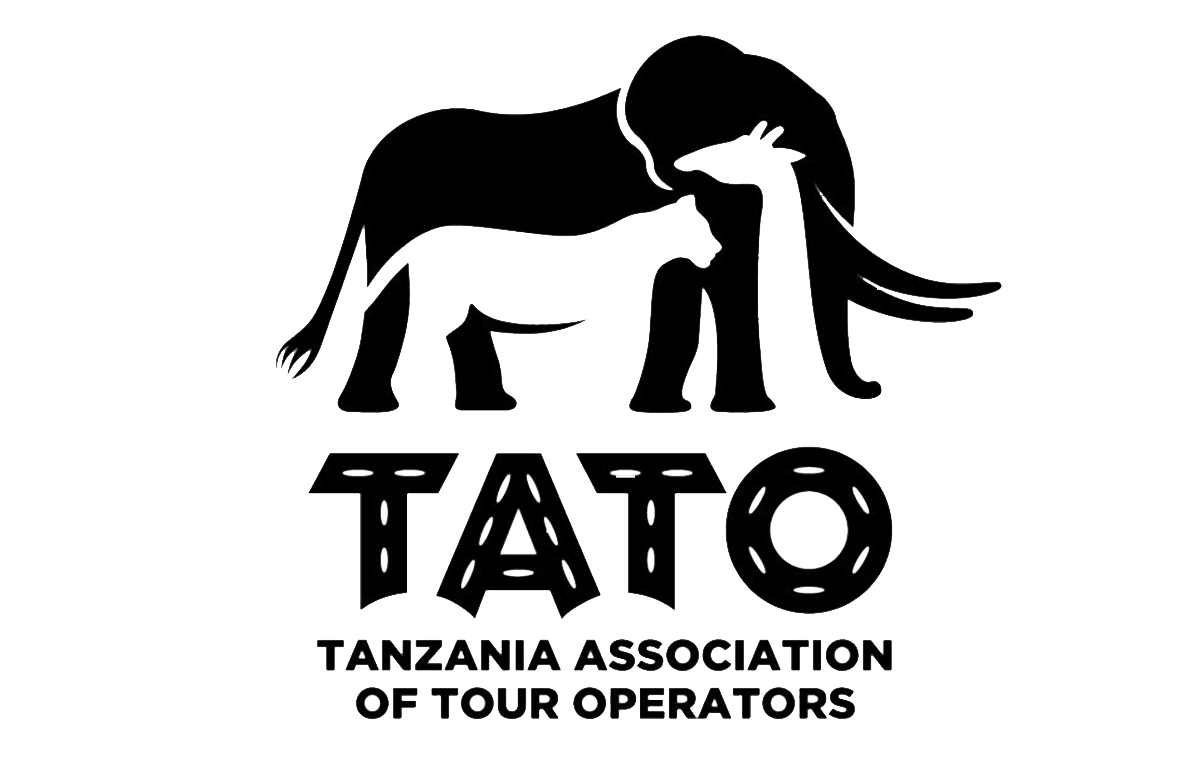Understanding the Finance Act, 2025: Key Implications for Tanzania’s Tourism Sector

The recently enacted Finance Act, 2025 introduces a host of fiscal reforms with implications across various sectors of the Tanzanian economy. Of particular concern and interest to the tourism industry are several new provisions that will directly influence operational costs, regulatory compliance, and revenue distribution for tourism stakeholders.
As the Tanzania Association of Tour Operators (TATO) continues its mandate of advocacy, information dissemination, and stakeholder engagement, this article breaks down the most relevant provisions in the Finance Act, 2025 that affect tour operators, conservation entities, local communities, and allied tourism enterprises.
1. Revenue Distribution Reforms in Wildlife and Conservation Areas
The Finance Act, 2025 has restructured how revenues generated from tourism activities in Game Reserves, Game Controlled Areas, Open Areas, and Wildlife Management Areas (WMAs) are distributed. A significant portion of revenues, such as block fees, conservation fees, observer fees, and permit fees, will now be retained and redistributed by the Tanzania Wildlife Management Authority (TAWA).
Key Allocations Include:
- 75% of block fees for tourism hunting to TAWA.
- 65% of game fees and observer fees, and 50% of conservation fees will also go to TAWA.
- Non-consumptive tourism activities in WMAs will see:
- 65% allocated to the WMA,
- 10% to district councils,
- 25% to the Consolidated Fund.
Impact on Tourism:
This provision promotes greater benefit-sharing with local communities but also raises accountability expectations for TAWA to disburse funds timely. TATO welcomes this move as a step toward reinforcing sustainable community-based tourism but will closely monitor the fund flow mechanisms to ensure intended beneficiaries are not left behind.

2. Revenues in Ngorongoro Conservation Area Now Centralized
In another crucial amendment, all revenues collected in the Ngorongoro Conservation Area (NCAA) will be handled by the Tanzania Revenue Authority (TRA). From this:
- 6% is earmarked for the Tourism Development Levy,
- 3% for the Tanzania Wildlife Protection Fund,
- 40% to be deposited in the Consolidated Fund, and
- 51% retained by NCAA.
Impact on Tourism:
This centralization enhances revenue tracking and accountability, but some tourism stakeholders are concerned about bureaucratic delays. TATO emphasizes the need for transparency and timely reinvestment of these funds in infrastructure and visitor experiences within the conservation area.
3. Amendment to VAT and Digital Service Tax Provisions
The Finance Act also updates sections of the Value Added Tax (VAT) Act, particularly focusing on:
- The inclusion of online platforms and accommodation marketplaces under taxable services.
- Restrictions on VAT claimability if proper certificates are not issued.
- VAT on services paid electronically or via bank channels now taxed at 16%, up from the standard rate in certain cases.
Impact on Tourism:
These changes will significantly affect online travel agencies (OTAs), digital marketplaces, and accommodation booking platforms. TATO urges members offering services through digital platforms to ensure they understand the tax implications to avoid compliance issues.
4. Business Licensing Restrictions for Non-Citizens
The Act now restricts the issuance of business licenses to non-citizens, unless explicitly allowed by the Minister of Industry and Trade. Certain tourism sub-sectors may fall under restricted categories as determined by forthcoming ministerial directives.
Impact on Tourism:
This provision may impact foreign-owned DMCs or startups trying to enter the Tanzanian tourism space. TATO advocates for a balanced implementation that encourages foreign investment while preserving local participation and competitiveness.
5. Amendments to Tourism-Related Transport Taxes
The Act has updated tax brackets for transport categories relevant to tourism. For instance:
- Vehicles carrying 6 to 15 passengers now attract a TSh 250,000 tax.
- Additional slabs are created for trucks and goods vehicles that may be used for logistics in tourism.
Impact on Tourism:
Tour operators must review their fleet classifications and budget for revised tax liabilities. TATO recommends that stakeholders validate their fleet registration and update vehicle records to ensure compliance.
6. Tourism Infrastructure and Conservation Funding
The Finance Act provides clearer fiscal direction on the use of concession and non-consumptive use fees collected in conservation areas. For example, 85% of concession fees collected in WMAs will now go directly to those WMAs, with smaller portions distributed to district councils and the Consolidated Fund.
This shift emphasizes the Government’s focus on community-driven conservation funding—a move supported by TATO, which has long advocated for equitable redistribution of tourism-generated revenue.

TATO’s Position and Way Forward
As the leading voice for Tanzania’s tour operators, TATO acknowledges the Government’s efforts to modernize and regulate the tourism economy through this year’s Finance Act. However, we remain vigilant on key concerns:
- Implementation Gaps – Many provisions will require new regulations and systems. TATO stands ready to assist in developing practical guidance materials and training members.
- Stakeholder Inclusion – The rollout of revenue collection and insurance policies must involve ongoing dialogue with tourism players.
- Monitoring and Evaluation – TATO calls for timely audits and reporting of how funds like the Tourism Development Levy are being utilized.
- Investor Confidence – Licensing reforms and increased fiscal responsibilities must not dampen investor appetite. Predictability and legal certainty remain crucial.
Conclusion
The Finance Act, 2025 sets the stage for a more accountable, structured, and community-inclusive tourism sector in Tanzania. While challenges may arise in interpretation and application, the Tanzania Association of Tour Operators (TATO) will continue to champion member interests, conduct training, provide consultancy, and engage with government institutions to ensure that tourism remains one of the most vibrant pillars of Tanzania’s economy.
TATO encourages all its members and partners to thoroughly familiarize themselves with the Finance Act and reach out for support in compliance or policy clarification matters. Together, we can ensure that tourism in Tanzania grows sustainably and inclusively.

